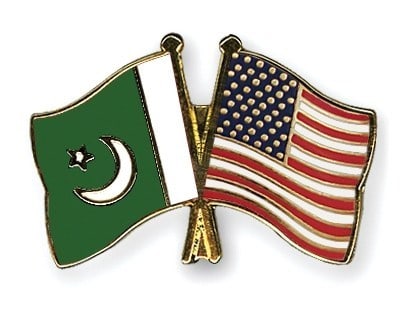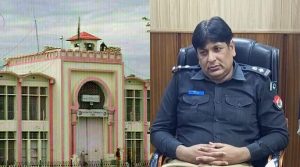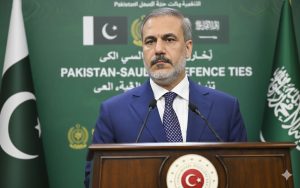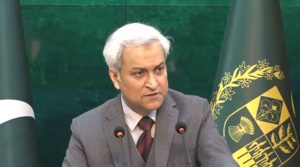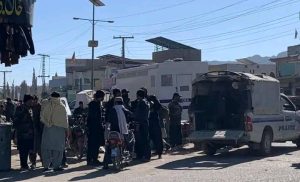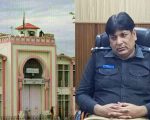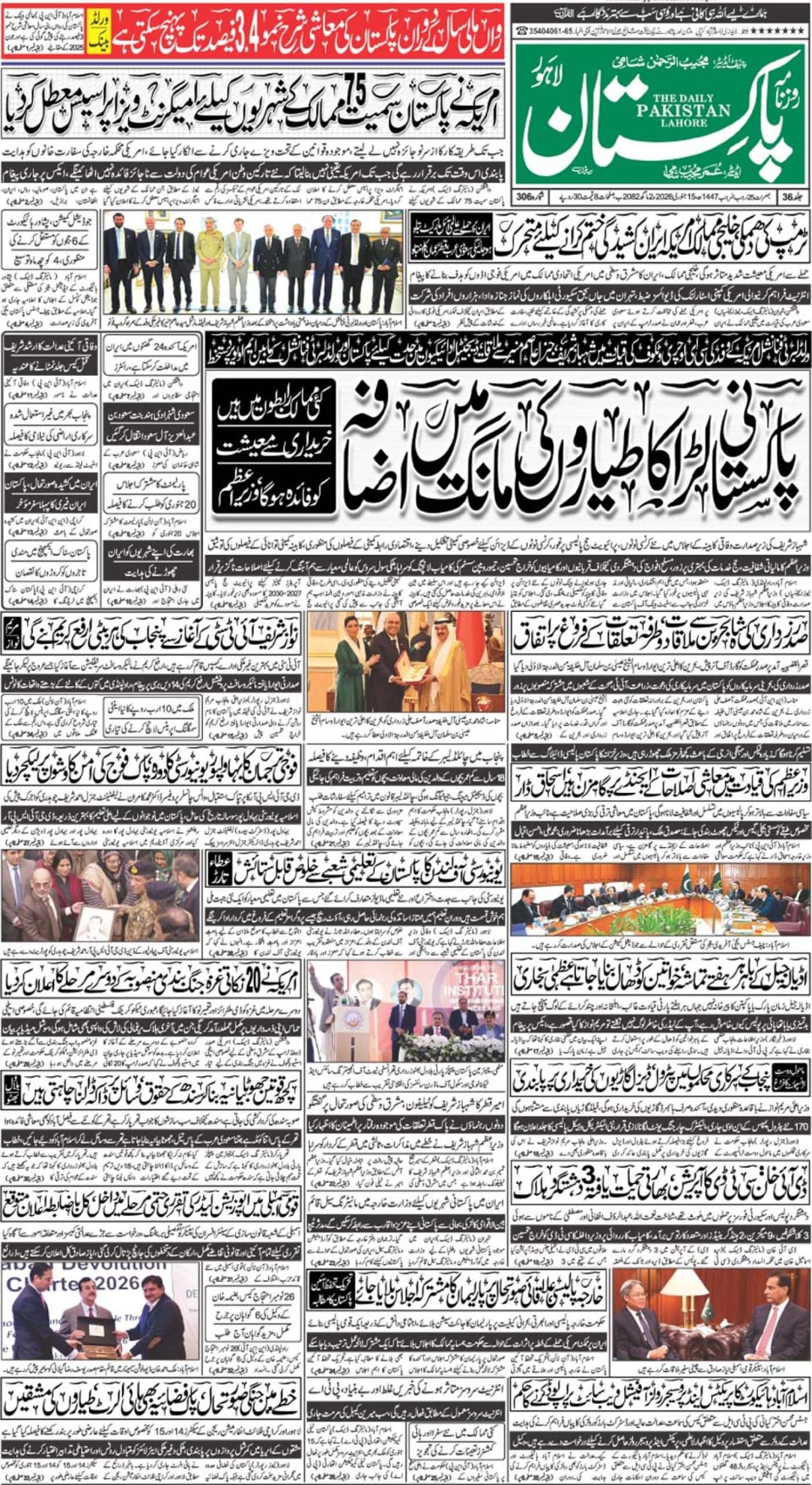WASHINGTON – Pakistan and the United States Wednesday underscored the need for enhancing cooperation in the field of education at a webinar organized by the Pakistani embassy in Washington.
Taking part in the online discussion on ‘Pakistan-U.S. Educational Cooperation’ were senior officials from the two countries as well as representatives of the academia, according to an embassy press release.
Pakistan’s Ambassador to the US, Dr. Asad Majeed Khan, welcomed the participants and highlighted that education was the “brightest spot and the glorious chapter” in the Pakistan-U.S. bilateral relations.
He said that the number of Pakistani students in the U.S., which had gone down significantly over the past few years, had now resurged to over 8,000.
The Pakistani envoy emphasized the need for continued cooperation in the educational domain and thanked the U.S. government for its “valuable partnership” over the years.
U.S. Assistant Secretary of State for Education and Cultural Cooperation, Marie Royce, said that Pakistani students were welcome in the U.S. and she encouraged them to consider her country as their number one destination for higher education.
Ms. Royce reaffirmed U.S. commitment to enhancing educational cooperation and said both sides need to continue to work together to achieve greater success.
Dr. Tariq Banuri, Chairman of Pakistan’s Higher Education Commission, said that U.S. universities and institutions have played a significant role in helping Pakistan to strengthen its higher education domain. He called for enhanced collaboration between Pakistan and the United States for the promotion of online education in the wake of the coronavirus crisis.
The webinar was divided into two panels – the first was devoted to ‘Challenges and Opportunities in Educational Cooperation’. Panelists included Ms. Lisa Heller (U.S. Embassy in Islamabad), Ms. Rita Akhtar ( Executive Director of the US Educational Foundation in Pakistan (USEFP), Dr. Farhat Haq (The American Institute of Pakistan Studies (AIPS), and Atif Qarni, (Secretary for Education, Virginia).
The second panel covered the impact of COVID-19 on bilateral educational cooperation. It featured prominent educationists including Adil Najam (Boston University), Raza Rumi (Ithaca College, Cornell), Ali Khan (LUMS), Farrukh Khan (LUMS), and Saeed Shafqat (FC College).
In their respective interventions, according to the press release, the panelists covered various aspects of educational cooperation issues and stressed the need to further enhance cooperation in this critical field. While COVID-19 had fundamentally altered the global scenario, the use of technology and virtual platforms was identified as the lynchpin to ensure continuity and broadening of the scope of educational cooperation in the coming years between both countries.
Questions from the audience were mainly about the possible impact of COVID-19 on Pakistani students coming to the U.S. and on how this vital linkage needs to be continued despite physical and health constraints.

